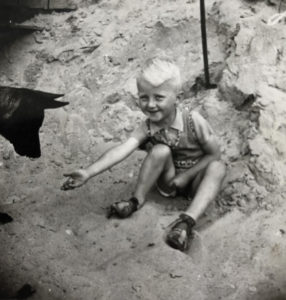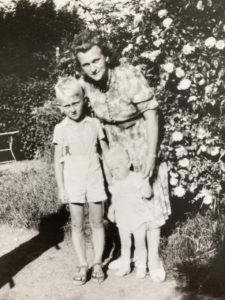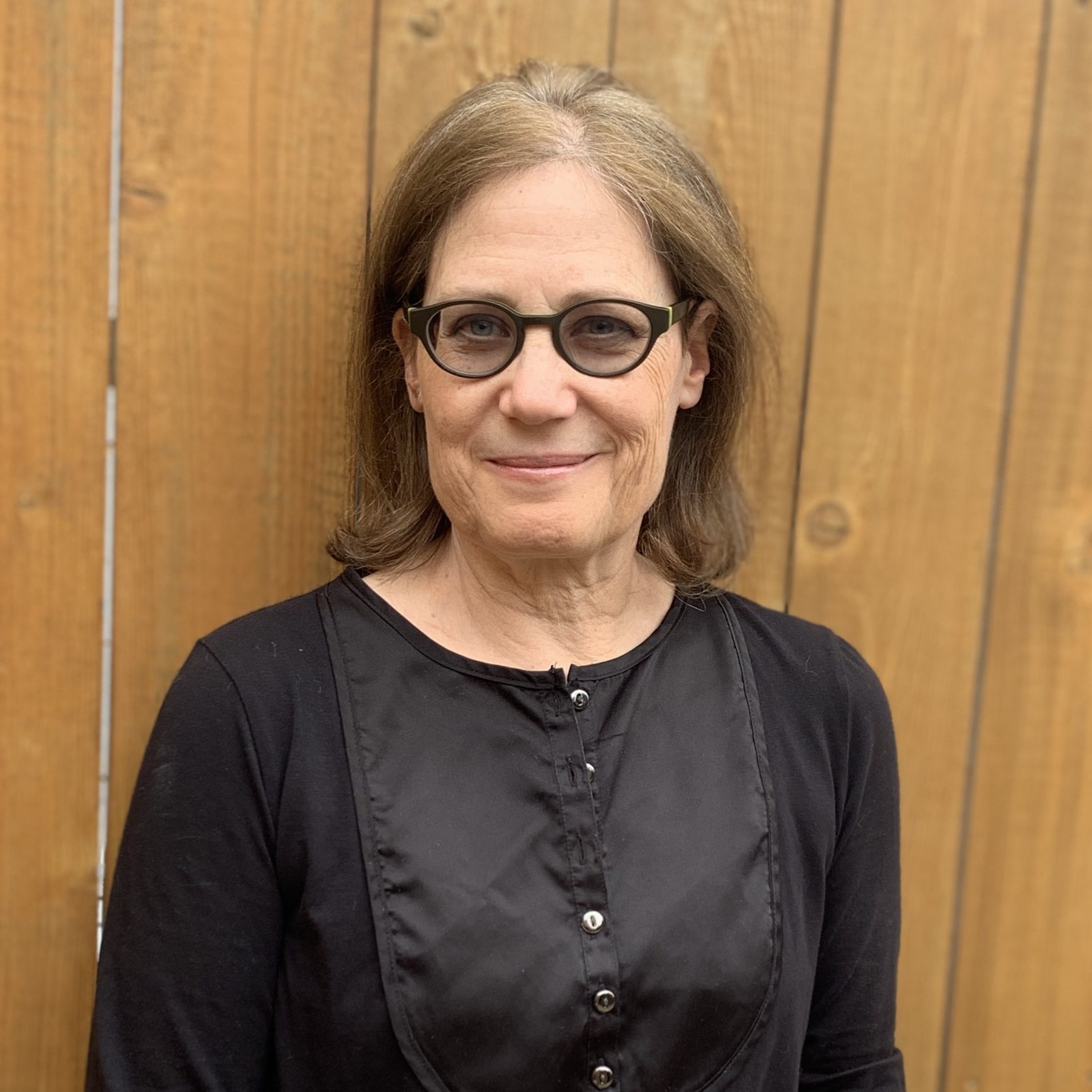Gunter Nitsch documents his life as a refugee in post-war Europe
Growing up in East Prussia during World War II and then in a West Germany refugee camp after the war, Gunter Nitsch didn’t envision the books he’d someday write. He was simply trying to get by.
“The teachers I had in West Germany, they were mostly former soldiers from the Wehrmacht, quite a few alcoholics. They smacked us almost every day,” Nitsch says.

Langendorf, East Prussia.
Nitsch, now 85, describes having to adapt to “unfamiliar surroundings and customs while living in the shadow of Germany’s recent Nazi past.” At 26, he traveled to New York, where he experienced the stark differences between life in America and what he had known in Europe.
He enrolled at Hunter College, eventually earning his master’s degree in business administration and advising German and American companies that wanted to do business in each others’ countries.
During this time, Nitsch also started a family. When he met his sons’ teachers — young, caring women — he remembers thinking, “‘I never had a teacher like this.’ I wanted to show my sons that my childhood was different from theirs.”
So Nitsch started writing. He currently has three self-published books available on Amazon: Weeds Like Us, which came out in 2006 and chronicles his early life; Stretch, about his teen years as a refugee in West Germany; and A Singular Education, which follows Nitsch through his bachelor years in New York.

His sons weren’t Nitsch’s only motivation for writing. He says he wanted to depict the aftermath of war, the destruction of infrastructure, the starvation, and the families torn apart. “I want to show, that’s the way it could be if you don’t look out,” he says.
Nitsch and his wife, Mary, who he met on a city bus in New York, moved to Chicago in 2007. Even in retirement, he stays active and involved, serving as a cultural ambassador for the city, mainly for German-speaking tourists. Nitsch also takes classes at the Center for Life and Learning, walks four miles daily, swims, and bikes on the lakefront in the early morning hours.
Learn more about his life and books at weedslikeus.com.
